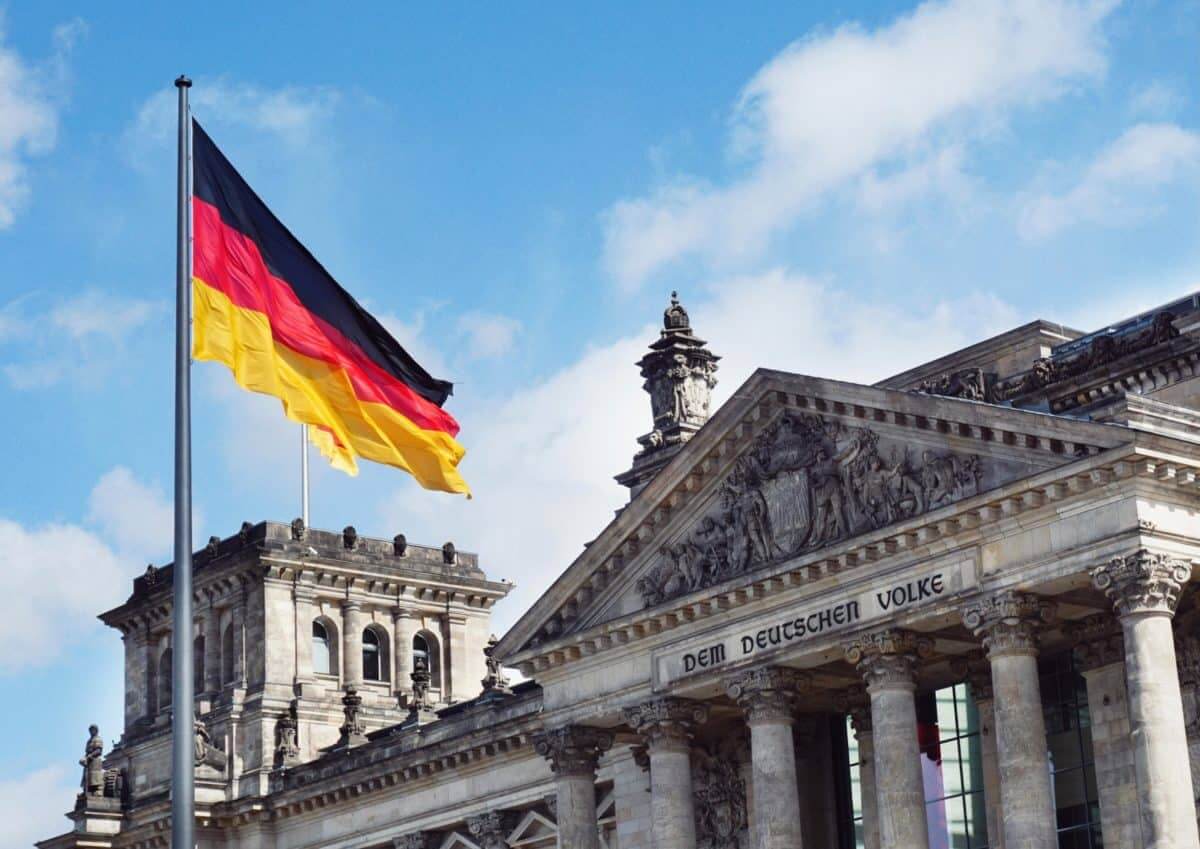German Economy Declined in the First Quarter – What Lies Ahead?
The German economy contracted in Q1 of 2023, entering a recession as indicated by data from the statistics office, which revealed a decline compared to the previous three months. The latest revision reveals a significant contraction of 0.3% in gross domestic product for the quarter. This follows a decrease of 0.5% in the Q4 of 2022.
Contrary to early expectations of stability, the initial estimate revealed a stagnant GDP in the first quarter, narrowly averting a recession for Germany. Nevertheless, the most recent data suggests further deterioration in the country’s economic troubles. The year-on-year comparison reveals a 0.5% decline in GDP, considering price and calendar effects, raising concerns about the state of the country’s economy.
Andreas Scheuerle, an analyst at DekaBank, stated that under the weight of immense German inflation, consumer spending lowered, dragging the entire economy down with it. Household consumption also experienced a significant decline of 1.2% quarter-on-quarter. Moreover, government spending also decreased by a notable 4.9% in the quarter.
Despite efforts to revive the economy, the German industry continues to struggle. The warm winter weather and a rebound in industrial activity, buoyed by the reopening of the Chinese market and an easing of supply chain frictions, were simply not sufficient to lift the economy out of the recessionary danger zone, stated Carsten Brzeski, ING’s global head of macro.
What About The Positive Indicators?
Amidst the prevailing gloom, recent German economy news brings a ray of hope. One positive aspect is the growth observed in investment during the first quarter, following a sluggish second half of 2022. Reports indicate a 3.2% increase in machinery and equipment investment compared to the previous quarter, accompanied by a promising uptick of 3.9% in construction investment.
Trade also played a positive role, with exports rising by 0.4% and imports falling by 0.9%. These figures highlight the resilience of German businesses in navigating global challenges and maintaining their competitiveness.
Despite this, the economy was burdened by the substantial increase in energy prices during the winter period, as highlighted by Joerg Kraemer, Chief Economist at Commerzbank. Now, the crucial question remains: will there be any recovery in the second half of the year?
Looking ahead, the optimism that prevailed at the beginning of the year seems to have given way to a more sobering reality, according to ING’s Brzeski. The decline in purchasing power, decreased industrial orders, the tightening of aggressive monetary policies, and the expected deceleration of the US economy collectively indicate a persistent fragility in economic performance.
What Do The Analysts Say About the German Economy?
In light of the downward trajectory of key leading indicators in the manufacturing sector, there are valid concerns about the future trajectory of the German economy – noted Kraemer from Commerzbank.
However, the German Bundesbank holds a more optimistic view, expecting modest growth in the second quarter. Their analysis suggests that a rebound in the industrial sector will more than offset stagnating household consumption and a slump in construction. This cautiously optimistic outlook offers a glimmer of hope for the country. Thus far, GDP per capita remains strong, but if Germany’s GDP growth doesn’t continue, it might push the country deeper into recession.
Overall, the German economy finds itself in a challenging position, with the first-quarter contraction signaling a formal entry into recession. The slowdown in household consumption and the struggles faced by the German industry contributed to the economic woes. However, there are glimpses of positivity in the form of increased investment and resilient trade performance. The road to recovery remains uncertain, with a need for cautious optimism as Germany navigates the complex web of domestic and global factors impacting its economic health.
The post German Economy Declined in the Q1 – What Lies Ahead? appeared first on FinanceBrokerage.






















